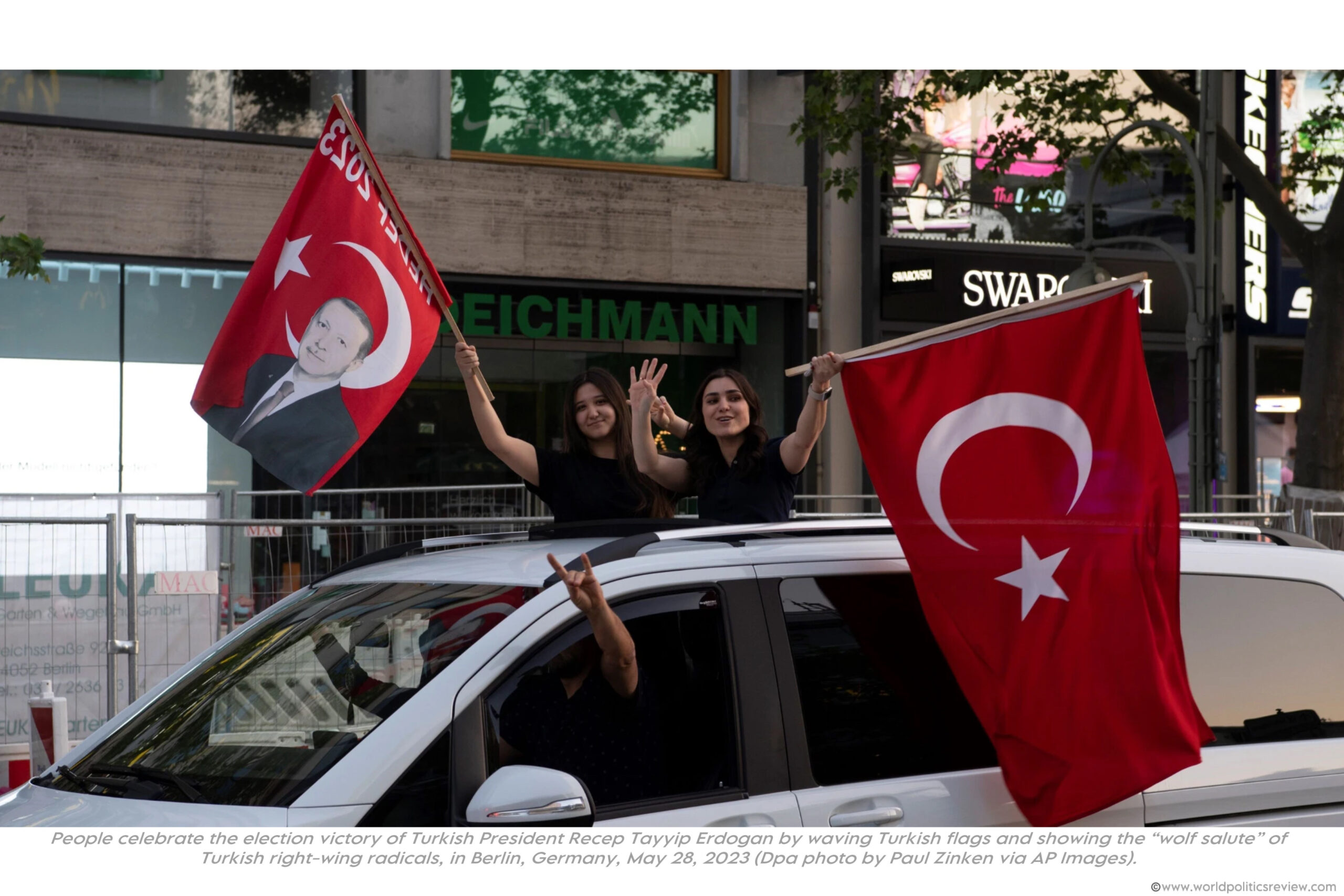Two Muslim women have been elected to Congress in the United States’ 2018 mid-term elections. Ilhan Omar, 37, is a Somali-American who won in Minnesota’s fifth congressional district. She immigrated with her family to the US under a resettlement programme when she was 14, after fleeing the Civil war in Somalia and spending four years in the Utnago refugee camp. She has previously worked as a community educator at the University of Minnesota, a Humphrey Policy Fellow and a senior Policy Aide for a Minneapolis City Council Member. In 2016, she became the first Somali-American, Muslim legislator in the United States when she was elected to the Minnesota House of Representatives. Her election campaign promises included fighting for Medicare, a single-payer healthcare system for all, abolishing the Immigrations and Customs Enforcement (ICE) and reforming the criminal justice system by banning private prisons and investing in restorative justice practices.
Rashida Tlaib, 42, won Michigan’s 13th congressional district. She is a Palestinian American born in Detroit Michigan. Tlaib was the first Mu slim state legislator in the Michigan’s House of Representatives, serving from 2008 to 2014. She previously worked as an attorney at the Sugar Law Centre for Economic and Social Justice, a non-profit for low-income individuals, families and communities. She ran on a platform that also included “Medicare for All”, a $15 minimum wage and tuition-free college. She caused headlines when she was kicked out of a Detroit Economic Club luncheon in 2016, when she heckled guest of honour, then presidential candidate, Donald Trump. A Democratic Socialist, she is considered to have made significant achievements in grassroots activism and ahead of the time by calling for the abolishment of ICE in early 2011, standing with protestors after the agency was conducting illegal searches in her district.
slim state legislator in the Michigan’s House of Representatives, serving from 2008 to 2014. She previously worked as an attorney at the Sugar Law Centre for Economic and Social Justice, a non-profit for low-income individuals, families and communities. She ran on a platform that also included “Medicare for All”, a $15 minimum wage and tuition-free college. She caused headlines when she was kicked out of a Detroit Economic Club luncheon in 2016, when she heckled guest of honour, then presidential candidate, Donald Trump. A Democratic Socialist, she is considered to have made significant achievements in grassroots activism and ahead of the time by calling for the abolishment of ICE in early 2011, standing with protestors after the agency was conducting illegal searches in her district.
The involvement and the success of Omar and Tlaib, reveals one the directions that American Muslims are taking in the Trump era. With policies including the Muslim travel ban and general Anti-Muslim rhetoric creating a “Trump Effect”, according to Brie Laskota of the University of California, that has pulled Muslim-Americans into the political and public sphere. 90 Muslims have run for office in the las
t year, more often as centrist or leftist progressives pushing against Republican extremism. Laskota suggests that this has been facilitated by the setting up and activities of the previous 20 years of networks such as the American Muslim Civic Leadership Institute and the Council on American Islamic Affairs (CAIR). Voting has also taken on a religious importance, with many religious figures such as Hamza Yusuf, Sherman Jackson, Omar Suleiman, and Zaid Shakir, sharing and expressing views congruent with the left, on race, foreign policy and other issues. However, a tension is suggested with the left with those causes that may violate more socially conservative beliefs, such as on LGBT rights, as elaborated by Paul Rowan Brian.
Though both Congresswomen have been involved in politics before Trump, Tlaib has also spoken about how the Trump era has personally motivated her in this campaign, both suggesting she was exposing Islam in “an impactful way, through public service”, but also as a reaction to the current climate, and the pressure she felt to win so that Both women have been widely congratulated on Twitter by Muslims. Writer Wajahat Ali wrote:
“Trump doubled down on racism, hate, and anti immigrant and anti Muslim fear. Well, two Muslim woman are going to Congress for the first time. Karma is a dish best served halal.”
@eemiabbasi wrote:
“Rashida Tlaib and Ilhan Omar are the first Muslim women in history to have been elected to the US Congress. I’m so proud of my sisters and can’t wait to see Muslim women reach new heights in this country!”
However, also highlighted was the limits of democracy, and the compromise electoral politics demands, suggesting that the celebration of the result of these elections should be tempered. An article in Haartez, in which the writer who is a Muslim women, stated that “As a Muslim women, Ilhan Omar’s ‘As-salaam aleikum’ [in her victory speech] made me uncomfortable” has been roundly criticised by Muslims on Twitter, for veiled Islamphobia and hypocrisy given the overt religiosity and Christianity of American politics.
In mainstream media, the win has been considered symbolic for both Muslim visibility and in defiance of the anti-immigrant climate of the Donald Trump era, since both women are not only women but from immigrant and refugee backgrounds. Suman Raghunathan, the executive director of advocacy group South Asian Americans Leading Together told Vox, that it was “a very strong, powerful message of repudiation against the politics of division rather than the politics of inclusion.” In fact, the growing awareness and involvement of Muslims is seen as a wider trend of a pushback against the rhetoric and policy of the Trump administration, since Omar and Tlaib were not the only firsts to be elected from marginalised communities, with the mid-term elections called a “night of firsts”. This included Ayanna Pressley, the first black House member from Massachusetts, Jared Polis, the first openly gay man elected governor, and Sharice Davids and Deb Haaland, the first Native American congresswomen.
Sources
https://www.ilhanomar.com/about/
https://www.ilhanomar.com/vision/
https://edition.cnn.com/2018/07/03/politics/rashida-tlaib-congress/index.html
https://www.vox.com/2018/11/8/18072610/rashida-tlaib-ilhan-omar-congress-election-muslim-women
http://www.religionwatch.com/trump-effect-pushes-american-muslims-into-political-fray/
https://www.theguardian.com/us-news/2018/nov/06/midterms-2018-first-history-making-election-wins
https://twitter.com/SanaSaeed/status/1061773152559104000






